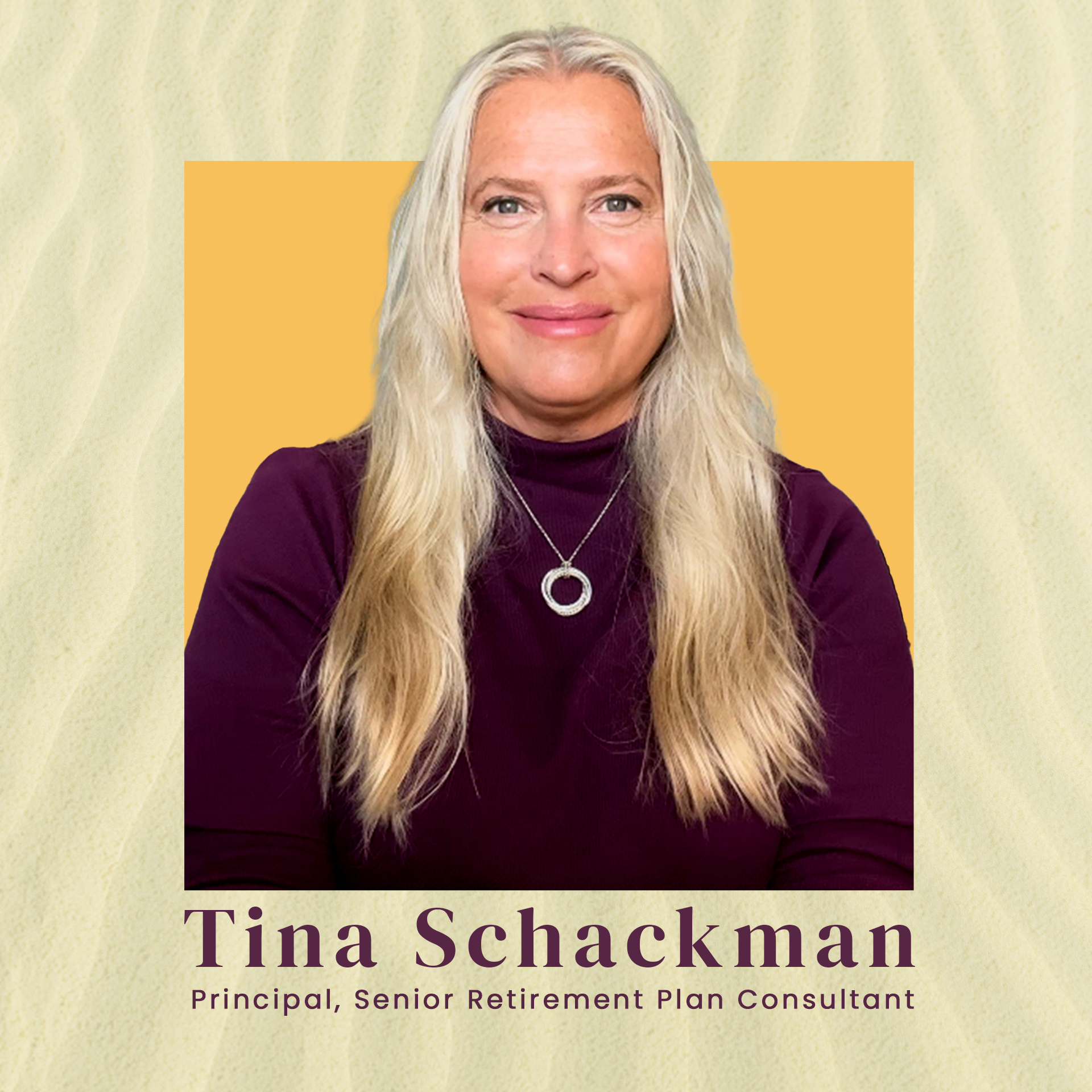CATEGORIES
Entrepreneurship | Leadership and Networking | People We AdmireOverview:
-
- Tina Schackman introduces herself, the nature of her work, and what led her to pursue this career path.
- Expressing the lack of women representation in her industry in the early years of her career, she is, nevertheless, thankful to her male mentors who saw her potential and is now glad for the many women leaders and communities in her industry nowadays.
- She believes in her capacity to care for herself and her family, and her drive to help others, especially women.
1. Could you tell us about yourself? What is the daily routine that makes a Tina Schackman the Tina Schackman?
I’m Tina Schackman. I grew up in the midwest of the United States—Wisconsin, and currently live in Nevada. I graduated high school early and went westbound and found myself in California for 35 years. Two years ago, I relocated to Reno, Nevada, working remotely with my company. I also find myself on the road quite a bit visiting clients and going back to our home office in Irvine, CA on a regular basis.
My company is called Benefit Financial Services Group (BFSG), a midsize registered investment advisor (RIA) firm, meaning that we’re fee based. We don’t sell products or earn any commissions, we only earn fees. We have two divisions: one is wealth management for high net worth individuals, in which we manage their assets and also do financial planning; and then on the institutional side we work with large corporations, universities, governments, and help them manage their retirement programs. I work with about 15 clients, such as large hospitals, insurance companies, and architectural firms, helping their investment committees to oversee the retirement program they offer to their employees. It’s a niche industry that requires specific legal and investment knowledge which I find challenging.
Lately, there have been lots of virtual meetings with clients. I typically meet with my clients monthly to help with the administration of their plan, then I connect quarterly with them to review the investments in their retirement plan.
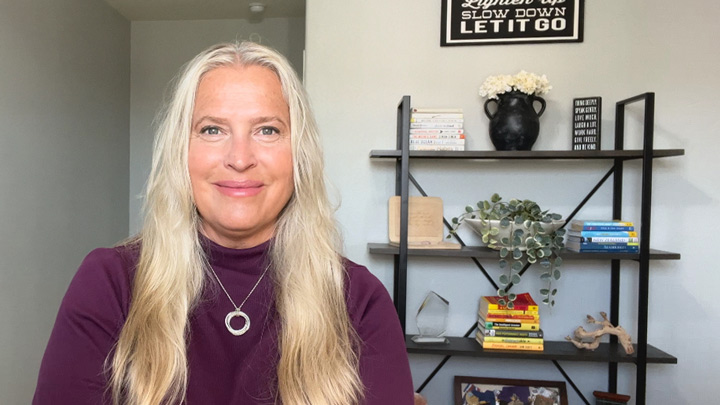
Sometimes, much of my day is spent researching because there are times when I get questions from clients that I haven’t experienced yet. Even though I’ve been in this business for a long time, our industry is governed by the Internal Revenue Services (IRS) and the Department of Labor so things are always changing. Hence, there are tax codes and changing rules and regulations that govern what I do, and I still find myself researching something that I haven’t learned over the years.
2. How did it feel when you’re making your place as a woman in a male-dominated field?
That’s a little bit of a loaded question because I’ve been in the industry for decades and have experienced a variety of situations coming into the business. It was very unusual for there to be a woman that was in a financial advisor role or even a leadership role when I first got into the industry. My first job was as a file clerk even though I was a fully registered advisor. Most of the firms I worked with were led by men who eventually became my coaches and mentors as I was able to demonstrate my dedication and acumen for finance.
I actually had male sponsors throughout my career that really helped me move into new positions. At my current firm, it was a male partner of the firm that actually sought me out and plucked me from the company I was previously working with and really helped guide my career. Even though I left that firm, he lured me back and gave me a partnership role. As much as it would be nice to have had more diversity and more female colleagues during my career, I ended up having to seek that out. Throughout most of my career, I’ve found myself volunteering or being part of other organizations where I sought out female mentorship or just having a community of like-minded women that I could count on who were there to help support and encourage me. There was a point in my career where I ended up leaving a firm because I didn’t see the opportunity. It was a male-run firm where there weren’t any female advisors and I just knew that it was not a place where I was going to be able to grow. So you have to make sure that you’re aware of your surroundings and situations. If there are no opportunities, then sometimes you have to take things into your own hands.
But I will say now that things are very different. I see more women coming into the workplace and into the finance industry. Now I go to conferences, and there are so many different types of women networking groups and association groups. There really is a much larger female community, and a lot of positive change in that respect.
3. If there’s anything that you would like to change in your past decision, is there any that you would change?
I believe that there is nothing linear about a career path; it has its ups and downs, rights and lefts, and going forward and back. In my company, I’m what they consider a “boomerang”—I left the firm and then I came back, which was challenging. I did it because of the opportunity and I’m grateful that I did. But it was very difficult coming back because I had previously been at the firm for seven years, basically leading and managing operations..
But when I came back, all those roles had been filled so I didn’t know where I belonged. I knew I had a role but it was very difficult to navigate the new company and realize that I needed to earn the respect of my colleagues all over again. I think in those types of situations, you have to be humble. I had to understand that the firm grew in the time that I was gone, people and processes were different and I had to slowly figure it out. The relationships I had were gone, there were new people who did not know me, and I had to build relationships again.
There was also another situation when I was with a firm, and probably stayed longer than I should have. I say that not because I didn’t know the opportunity wasn’t there for me, but I stayed because of convenience and I feel that was probably detrimental to the company and myself.
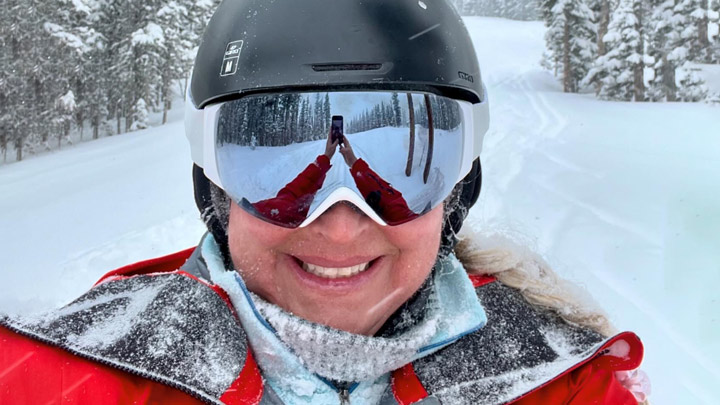
4. What inspired you to join a fee-based consulting firm specifically, and what excites you about the industry that’s new?
The very first advisory firm I worked for was fee-based, which I appreciated because they put their clients’ interests first. This was when I knew coming into this business was the right thing for me, and I wanted to make sure that I was doing everything in the best interest of my clients.
As I moved into the institutional space working with companies, I became a fiduciary along with my clients. I like that type of relationship because you always know you’re acting in their best interest, and trying to eliminate any conflicts of interest. To me, it’s the right way to do business because I understood what it meant and the type of relationships I’m going to be building with my clients.
As for the new thing that excites me the most about my industry is artificial intelligence, but I am not sure if I am to be happy or scared as I don’t know what that is going to look like in our business. One thing that is not necessarily new in our industry, but still excites me is the idea that in our business, people really want to have a plan. It is one thing to have a plan; however, it is another to execute it. Being a Certified Financial Planner professional, you are the person that sets a trajectory for someone and then helps them execute it.
This is what our business is. We’re helping everyone make good financial decisions, reach their retirement goals or whatever financial goals they might have. When you set up a plan at the onset and then help them work through it, it’s very fulfilling! I really enjoy that side of the business, and it’s another discipline that I hadn’t had before. I am opening myself up to that side and it’s pretty exciting. When I mention AI, there’s a lot of things in our business they’re talking about artificial intelligence is replacing. Financial planning is one of them. But we shall see because I believe that in financial planning, the human element should be there.
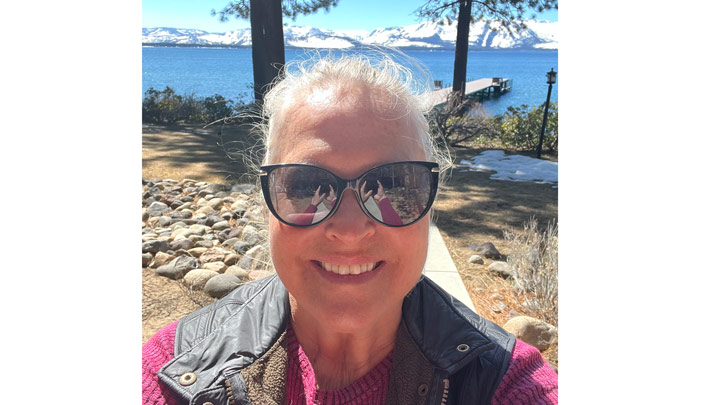
6. How do you balance your work and personal life?
I recently learned that I am an “obliger.” That is someone that will do what they need to, to meet other people’s needs, and not necessarily their own. When I operate, I’m accountable externally to other people and I’m not very good at being accountable to myself.
So there are times where I’ll work because I’m meeting everyone’s external needs but then I forget about myself and won’t practice self-care. So I do have to expend extra energy to make sure that I am doing that.
I do my best to take time for myself, but it is a bit of a struggle for me. It’s just based on my personality and that I’m always more concerned about taking care of other people. However, I do think it is important to find a balance in ourselves. What I’m focusing on is finding someone in my life that can start helping me with being accountable to myself.
Taking care of oneself is very important and it’s funny you bring this up as I recently did a video for our clientele who are planning for retirement when they get into their 40s and 50s. I’m in my 50s now and one of the last things I end with is, “This is the time you should really be focusing on taking care of yourself because the cost of health care down the road can be detrimental to your financial plan if you don’t.”.
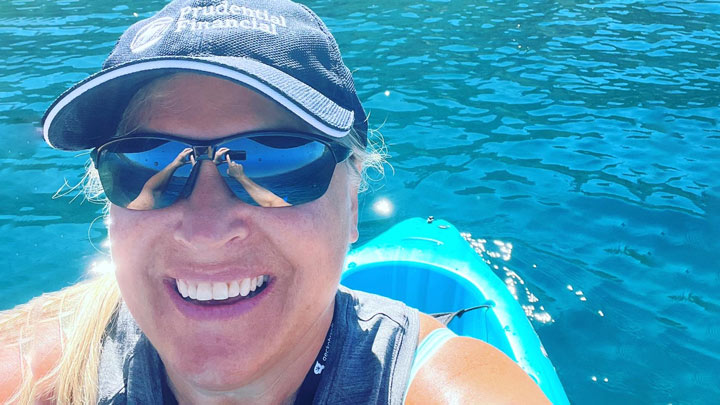
7. How do you build resiliency in following your dreams, building your character, and mitigating stress levels?
I was very motivated, and it had to do with having a mission early on. Ever since childhood, I tried to make sure that I learned about finance, and becoming financially independent. It was largely driven by a childhood where I lost my father at a young age and my mother and I struggled financially. She wasn’t prepared and there wasn’t any life insurance to help bridge the gap of losing my father’s income. So we had to sell our family home and move into a small apartment to make ends meet. I felt very strongly that this is something that women may not be prepared for, and like my mother, didn’t know or understand the household finances. I thought, “Well this is not something I want to happen to me.” I was driven for myself, and eventually, driven to help others as well.
Today, I am focused on providing financial education for women, and helping empower them to make good financial decisions. So when you talk about resiliency, it was a very strong core mission of first helping myself become financially independent, but then making sure that I brought that back and helped others. It has driven me through my career and will continue to drive me.
Conclusion:
Resilience, determination, and a commitment to personal growth and empowerment are essential for success. Despite facing challenges and setbacks, Tina Schackman maintained focus on her goals by seeking out mentors and support systems. She emphasizes the need to find a mission in one’s life and make it the driving force in helping oneself and others.

